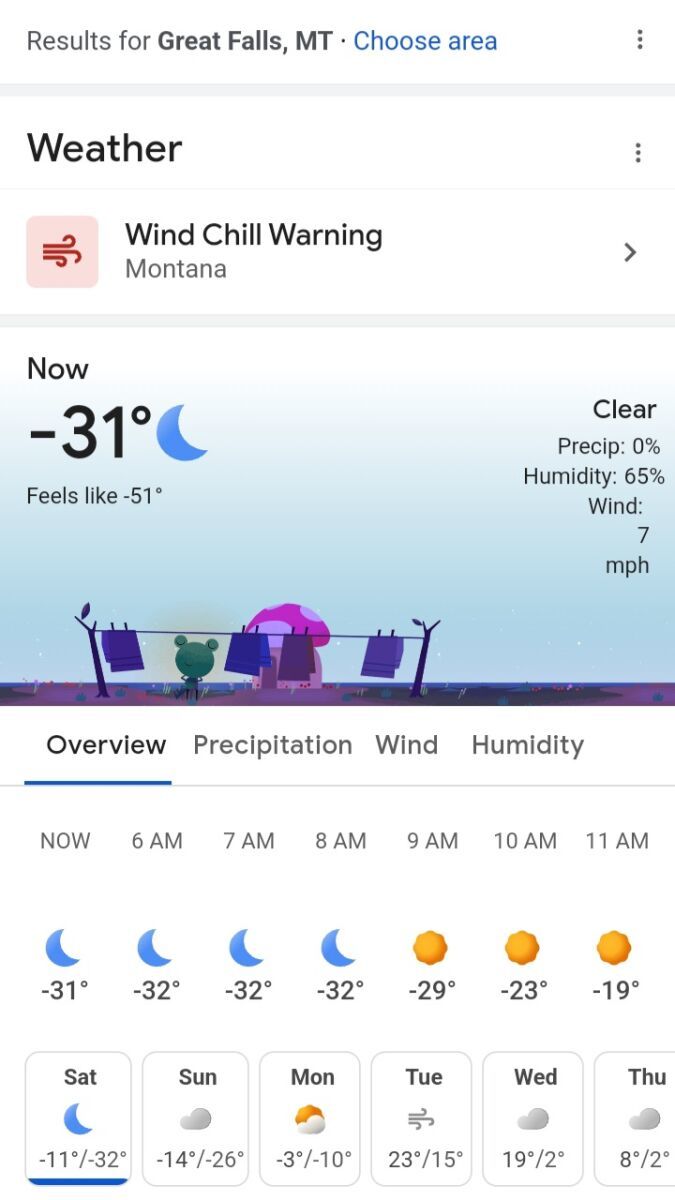Winter Driving Tips
Topic 33774 | Page 1
One that gives me the biggest trouble to coupling to your trailer when it's very cold. The grease thickens and sometimes makes it hard to connect to a trailer, and you may think it's connected but it's not locked completely.
Cold weather is usually not a big problem. It’s when there is moisture (freezing rain/snow/ice) as part of the cold, then extreme caution is necessary.
For cold temps, get the high powered (-25 degree) wiper fluid in the fluid reservoir and use anti-gel additive in the diesel. Earn to dress for cold weather properly. Put the shorts and flip flops away and dress like you belong in the cold.
Never drive on ice. There is NO safe way to drive on ice.
Carry some extra way of charging your phone if you get stranded because of a mechanical breakdown. Have an extreme cold sleeping bag with you for such an emergency. I just re-powered a load from a driver whose APU quit working, so be prepared with a way to stay warm until help arrives.
Common sense is your best friend.
HOS:
Hours Of Service
HOS refers to the logbook hours of service regulations.APU:
Auxiliary Power Unit
On tractor trailers, and APU is a small diesel engine that powers a heat and air conditioning unit while charging the truck's main batteries at the same time. This allows the driver to remain comfortable in the cab and have access to electric power without running the main truck engine.
Having an APU helps save money in fuel costs and saves wear and tear on the main engine, though they tend to be expensive to install and maintain. Therefore only a very small percentage of the trucks on the road today come equipped with an APU.




If it's forecast for the above, preparation should have been performed well in advance. I've been in these temperatures for the past few days and have seen many, many drivers and trucks that weren't close to being ready for this kind of cold weather.
Plus one on prep and Intel. Become a weather nut. Make sure your clothing, food and water is prepped. Make sure your equipment is and make sure not to pull your trailer brakes.
I pulled off outside of St Louis the other night and woke up to the lovely sound of the driver next door dragging his trailer back and forth for 4 hours. He'd set the trailer brakes and predictably they froze. He tried banging on them, swearing, crying and everything else. He Finally called road support and they unstuck them.
Many of our trailers leak over night, if you shut your truck off, they will drain the air and the valve will pop at 60 psi. You'll wake up to frozen brakes so I idle all night when it's this cold. Another reason is that it prevents gelling. Also. I put my heater controls on recirculated so I'm not inhaling deisel and def fumes.
Here's a few tips I like to remember each winter...
- When parking for a ten hour break in deep snow, get your truck where you want it and then run it forward and back about six feet three or four times. This packs the snow down and will help you get some traction going when you get ready to roll out.
- Make it a point to carry some extra food and drink. I got caught in an Indiana blizzard one year which closed down the interstate for four days. The Dennys restaurant in the overly packed truck stop ran completely out of food in a day and a half. No trucks could run on the closed interstate so they couldn't replenish anything. Some of us had something to eat, and we shared what we could with those who were unprepared.
- When adding Howes anti-gel to your fuel, be very careful to not get it on any clothing. That smell will not go away easily. I find it makes me sick at my stomach. I'm probably just a wuss, but be careful with that stuff.
Interstate:
Commercial trade, business, movement of goods or money, or transportation from one state to another, regulated by the Federal Department Of Transportation (DOT).
HOS:
Hours Of Service
HOS refers to the logbook hours of service regulations.How many of you carry a shovel with you in the winter? What type of shovel, if you do? How many carry some sand and ice-melt?
Does Prime still forbid Howes Anti-Gel?
Family Dollar has a cheap, plain old-fashioned type of cat sand that I use. It's a 7-lb bag. I also have a bag of ice melt. During driver appreciation week in 2022, the container company gave us a bag that had one handle with several different implements that could be attached to the handle. One of the attachments was a plastic shovel. The snow was soft, so it did help to get a short path dug out behind the tires. It will go with me when I go to my new company.
Laura
I was almost going to start another post on this, but it seems to fit into this topic.
I ended up at the terminal for a while today, for a couple of minor things, not related to the cold, one was a code the truck was throwing that turned out to be nothing, the other was the power steering pump filter had backed out again, causing it to leak and loose fluid. Both easilly addressed.
The inspection lane had a steady stream of trucks all day though, almost all cold related issues. Also quite a few tows into and out of the yard.
The common issues were.
1. Freezing and frozen windshield washer lines and pumps 2. Brakes frozen, even on the tractors. 3. Frozen DEF lines and tanks, No DEF 4. Gelled fuel.
For what its worth, the mechanics told me that most of the cold weather issues they see are from drivers not keeping the trucks running. Our dispatch regularly sends out reminders to continuously idle during cold weather events.
Terminal:
A facility where trucking companies operate out of, or their "home base" if you will. A lot of major companies have multiple terminals around the country which usually consist of the main office building, a drop lot for trailers, and sometimes a repair shop and wash facilities.
OWI:
Operating While Intoxicated
OOS:
When a violation by either a driver or company is confirmed, an out-of-service order removes either the driver or the vehicle from the roadway until the violation is corrected.
I was almost going to start another post on this, but it seems to fit into this topic.
I ended up at the terminal for a while today, for a couple of minor things, not related to the cold, one was a code the truck was throwing that turned out to be nothing, the other was the power steering pump filter had backed out again, causing it to leak and loose fluid. Both easilly addressed.
The inspection lane had a steady stream of trucks all day though, almost all cold related issues. Also quite a few tows into and out of the yard.
The common issues were.
1. Freezing and frozen windshield washer lines and pumps 2. Brakes frozen, even on the tractors. 3. Frozen DEF lines and tanks, No DEF 4. Gelled fuel.
For what its worth, the mechanics told me that most of the cold weather issues they see are from drivers not keeping the trucks running. Our dispatch regularly sends out reminders to continuously idle during cold weather events.
I wonder if keeping the trucks running would apply to day cabs too?
Terminal:
A facility where trucking companies operate out of, or their "home base" if you will. A lot of major companies have multiple terminals around the country which usually consist of the main office building, a drop lot for trailers, and sometimes a repair shop and wash facilities.
Day Cab:
A tractor which does not have a sleeper berth attached to it. Normally used for local routes where drivers go home every night.
OWI:
Operating While Intoxicated
OOS:
When a violation by either a driver or company is confirmed, an out-of-service order removes either the driver or the vehicle from the roadway until the violation is corrected.
New Reply:
New! Check out our help videos for a better understanding of our forum features

















Preview:








 TT On Facebook
TT On Facebook
Hi Trucking Friends!
This week is Kentucky we will be experiencing artic cold 🥶 weather.
As a rookie driver, what are your best winter driving tips or advice that you have learned and willing to pass on?